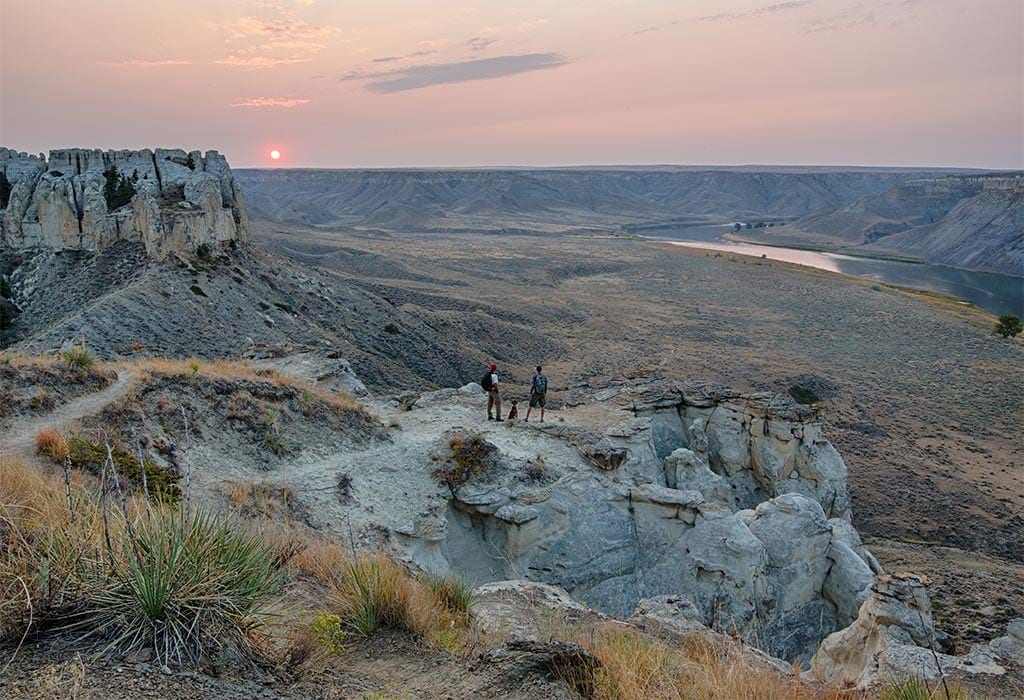The confrontation in Charlottesville was a fight to define our nation’s legacy. Hundreds of Americans demonstrated because they have strongly differing opinions about what it means to be a patriotic American.
And the battleground they chose was what kind of monuments we should have.
The white nationalists and neo-Nazis who gathered there believe monuments should stand to those who defended slavery. They terrorized, intimidated, and ultimately killed not because they believe in a statute but because they believe in an idea: hate.
Other courageous citizens came to Charlottesville to challenge them, and to celebrate the ideals our nation was founded upon. The monument they came to defend was an idea: that all men are created equal. They risked personal injury because they recognized that that ideal must be defended in every quarter in every town at every opportunity.
In response to these tragic events, President Trump disgraced himself by declaring “there were many fine people” among the white supremacists and neo-Nazis.
Of course, this wasn’t the first time, nor will it be the last, that President Trump has been on the wrong side of history. In April, Trump issued an unprecedented executive order that called on Interior Secretary Ryan Zinke to recommend which of the national monuments that celebrate our history, culture and natural heritage should be taken apart.

Flowers in the Organ Mountains-Desert Peaks National Monument. Photo by Bob Wick, BLM.
Yesterday, Zinke provided Trump with a list of which monuments to dismantle.
We don’t know which national monuments are on the final hit list, but based on what Zinke already said, it’s clear he recommended Trump take a hatchet to some of our national monuments.
Our shared American legacy is comprised of divine gifts that must be protected for future generations. Equality and liberty are natural rights, but they are fragile. If lost, they may never be replaced. This land we have inherited is also a divine and fragile gift, and we are at risk of losing many treasured spaces.
The ancient trees of Giant Sequoia National Monument are the largest on earth, yet they may soon be sacrificed to the timber industry. The Grand Staircase-Escalante Monument, which descends from Bryce Canyon to the Grand Canyon, contains a dazzling kaleidoscope of colors, but those colors may soon turn to black if we give it away to the coal industry. The solace of rugged desert canyons in the Organ Mountains-Desert Peaks National Monument in my home state of New Mexico could also be shredded to appease the livestock industry. These are merely three of the many monuments in danger.
Though Zinke already gave a reprieve to some of the 27 national monuments targeted by Trump, none of our monuments are safe when some are threatened. The same is true of the civil rights of our citizens. When the rights of some of our citizens are threatened, the liberty of all is threatened.
Americans face an urgent and simple question. What kind of monuments will endure? Whatever meaning monuments to the Confederacy once had, that meaning changed in Charlottesville. Now, they are a rallying point for racism and hate. They have become magnets, attracting those who embrace the worst parts of our past. Will those monuments survive, while the natural ones—the ones that attract people who want to celebrate the beauty of America—are destroyed?
Throughout history, the vulnerable have been exploited by the powerful, and slavery is the most poignant example. The remarkable idea, at the core of our nation, is that the vulnerable have rights equal to those more powerful. At our best, we have fought for that ideal. And this ideal is what we should venerate. Like the giant sequoias, they tower over us, they inspire us, and they are not made of marble.
If Trump is successful in striking down one or more of these monuments, you can be sure that others will follow. He has already targeted the free press, which Thomas Jefferson valued as supremely important in the defense of liberty.
Equality, freedom of the press, and beautiful canyons are linked in ways that transcend our normal way of thinking. These things belong to all of us and they cannot defend themselves. At this moment, they are all threatened by those who care more about profit and power than they do about our nation’s ideals.
